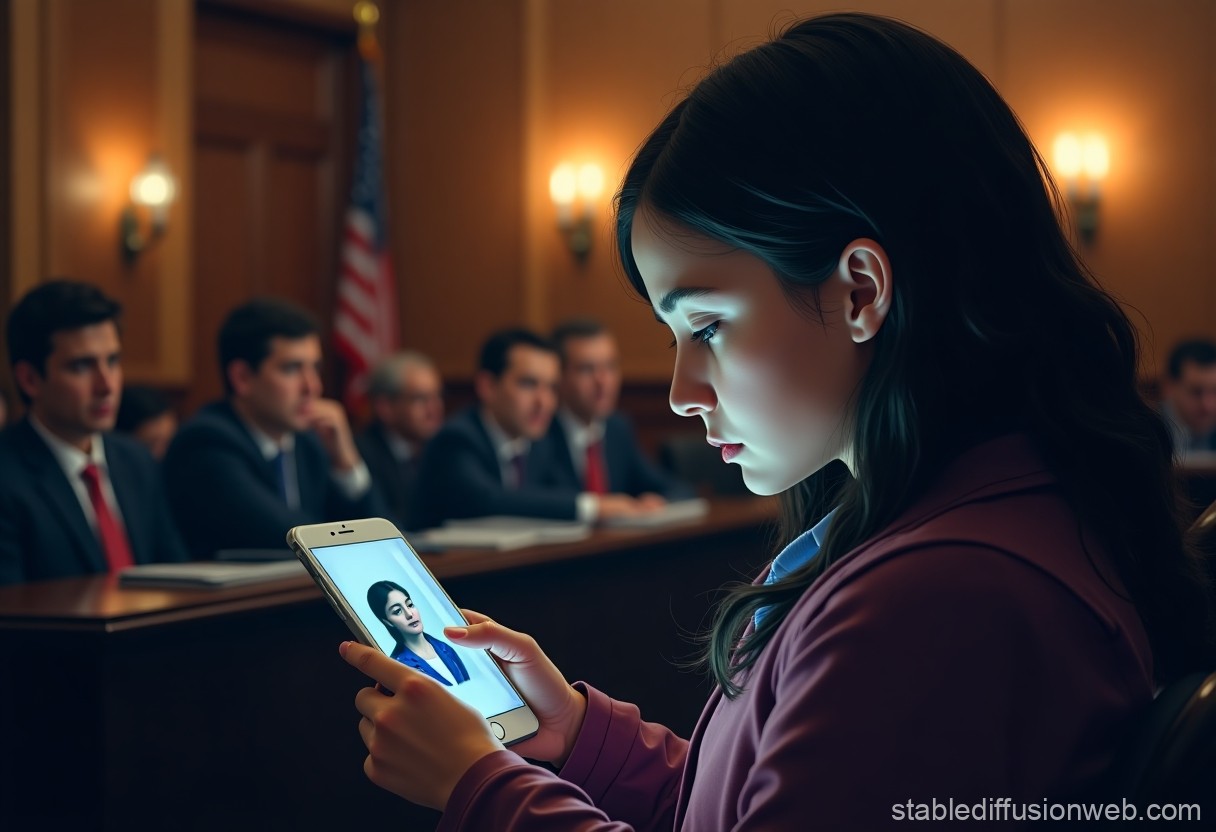In a world where technology outpaces ethics, the endorsement of the Take It Down Act by former President Donald Trump brings to light the pressing ethical dilemmas posed by AI-generated deepfakes. This bipartisan bill, aimed at combating the spread of nonconsensual intimate images, raises profound questions about privacy, consent, and the digital manipulation of identity. 🚨
The unanimous Senate approval of the bill, with the First Lady Melania Trump championing its cause, underscores a rare moment of political unity against digital exploitation. Yet, it also prompts us to ponder: Who holds the power in the digital age, and how can we safeguard individual autonomy against the tide of technological advancement?
The presence of Elliston Berry, a high school student victimized by AI-manipulated imagery, at the congressional address, serves as a stark reminder of the human cost behind the pixels. Her story is not just a call to action but a moral imperative to address the accountability of creators and platforms in the propagation of harmful content.
As deepfake technology evolves, so too does the complexity of its societal impact. The Take It Down Act represents a critical step towards regulatory intervention, yet it also invites us to reflect on the broader implications of AI in our lives. How do we balance innovation with integrity, and freedom with protection? The answers to these questions will shape the future of digital ethics.


